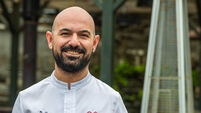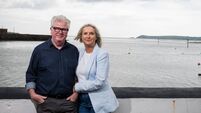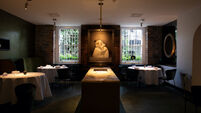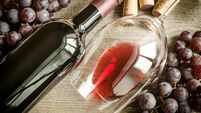Sally Barnes: lessons from a trailblazer
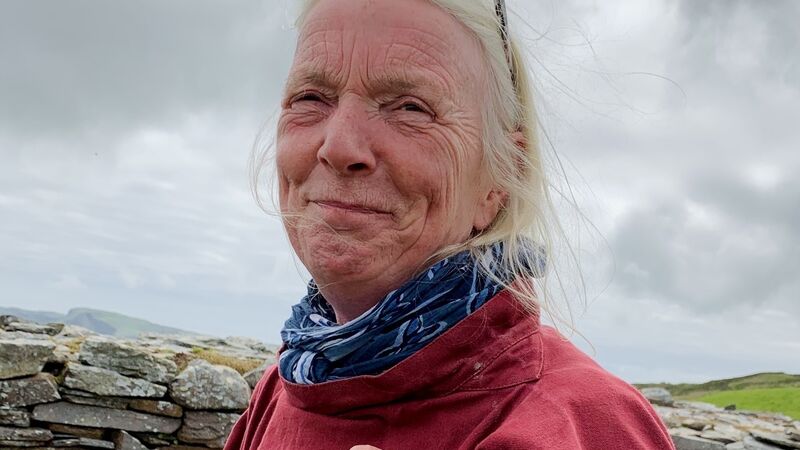
Sally Barnes: One of the pathfinders for the modern Irish food movement.
On a glorious June morning, we are slugging mugs of hot, strong tea, assembled for a fish smoking masterclass in The Keep, a gorgeous rough-hewn wooden structure, attached to The Woodcock Smokery, between Castletownshend and Skibbereen.
The Keep’s removable shutters are easily opened for al fresco gatherings, a ‘classroom’ doubling as a hospitality space, and with views stretching across West Cork to The Paps, in Kerry, it is also one of the most delightful and exclusive dining experiences in Ireland.

